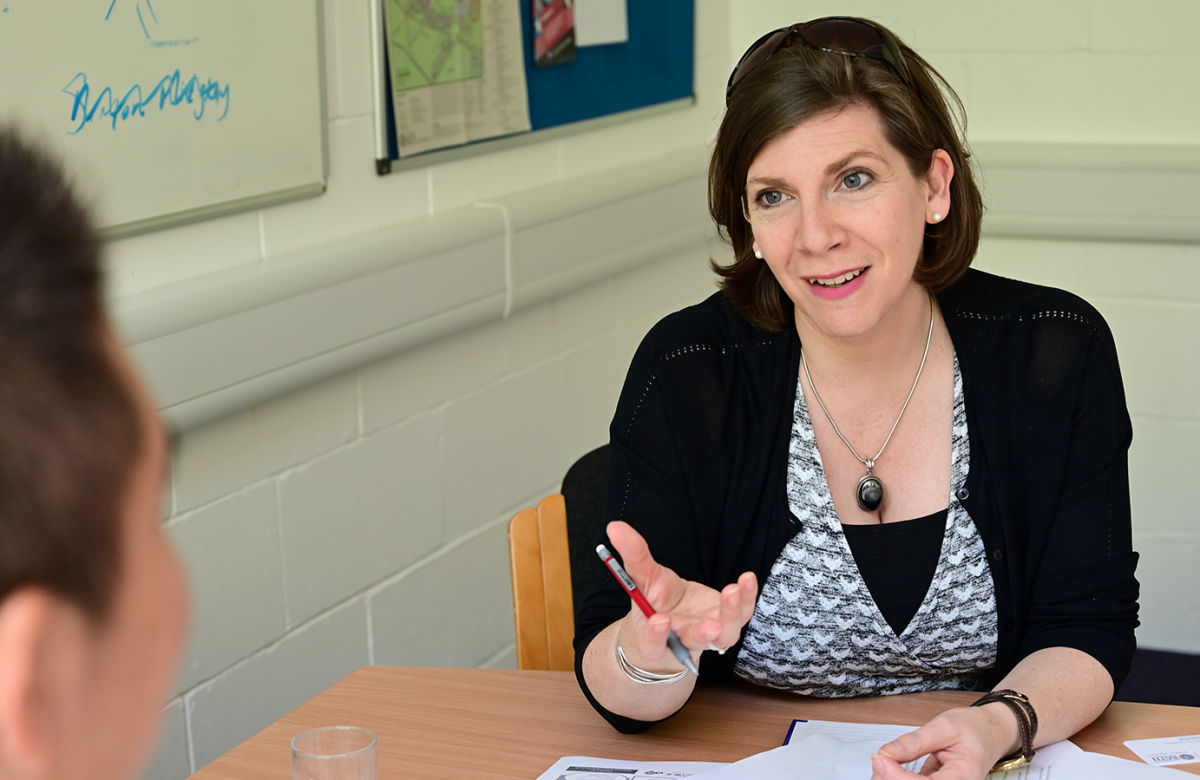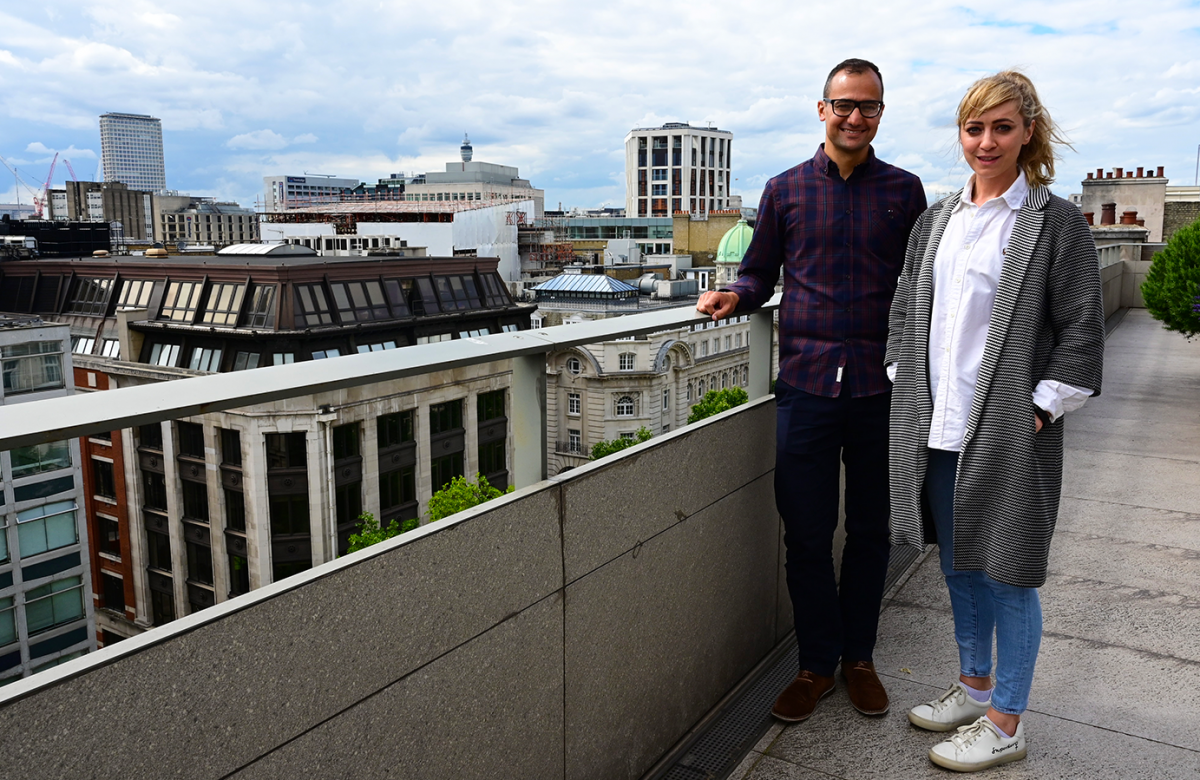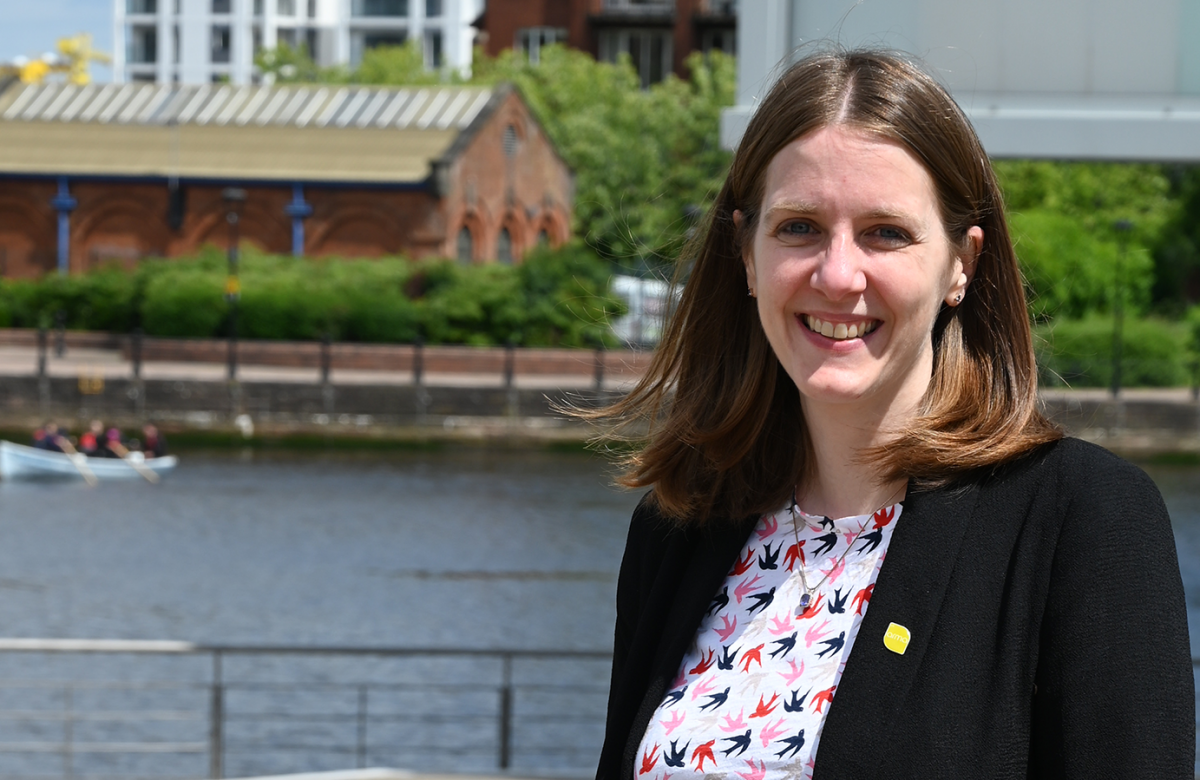Helping Academics See the Benefits of Their Research Outside of Academia
Natalie Wall, Research Impact Manager, takes us through her role at Queen Mary University of London and the setup for impact assessment
- UniversityArticleInterview
- March 1, 2020
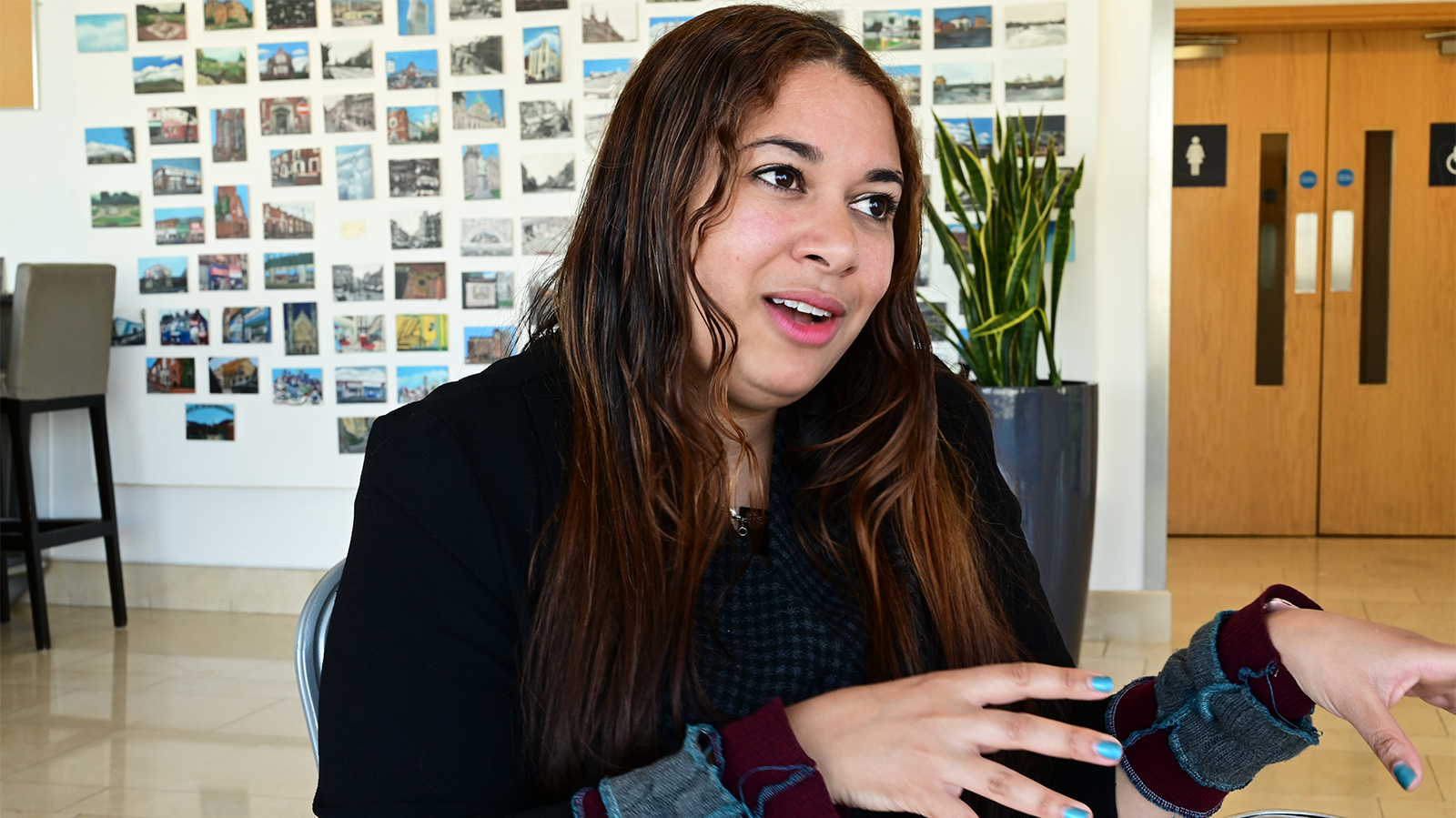
Investing in a strong impact infrastructure
When Wall joined QMUL, she observed that it had a well-structured system for Impact Management. “I really liked the way Queen Mary is set up and it’s different than the other universities. Most universities are not set up to that degree where you have impact at every single level,” Wall says.
QMUL’s Impact Team comprises, in addition to Wall, one Deputy Vice Principal for research impact (academic role) and three Impact Officers delegated to each faculty. Each faculty also has one Deputy Dean for Research Impact who works closely with the Impact Team. There are many Professional Services teams supporting impact outside of the Impact Team.
QMUL conducted two mock exercises to assess the quality of case studies. It’s evident that QMUL has invested a lot in building an impact infrastructure and a strong network, and Wall is hopeful that this will help the university stand out in upcoming assessment cycles.

The problem of supply and demand
Wall explains that there is no dearth of jobs in impact. This would not be surprising considering the importance universities need to give to this new area and the time and effort that needs to be invested in making the impact submissions worth anyone’s time. “If you look at impact jobs, there’s a ton out there at the moment, but there are not enough people to fill them because it’s so huge. You’ve got to think about what skills you need,” Wall says.
What kind of skillset does an impact officer need? According to Wall, apart from writing, interpersonal and communications skills are crucial. “You need to be able to talk to people because you’re asking people to adapt to new things,” Wall says. She explains that impact is going beyond researching and educating. It’s also important to have an understanding of research culture, and having a research background helps.
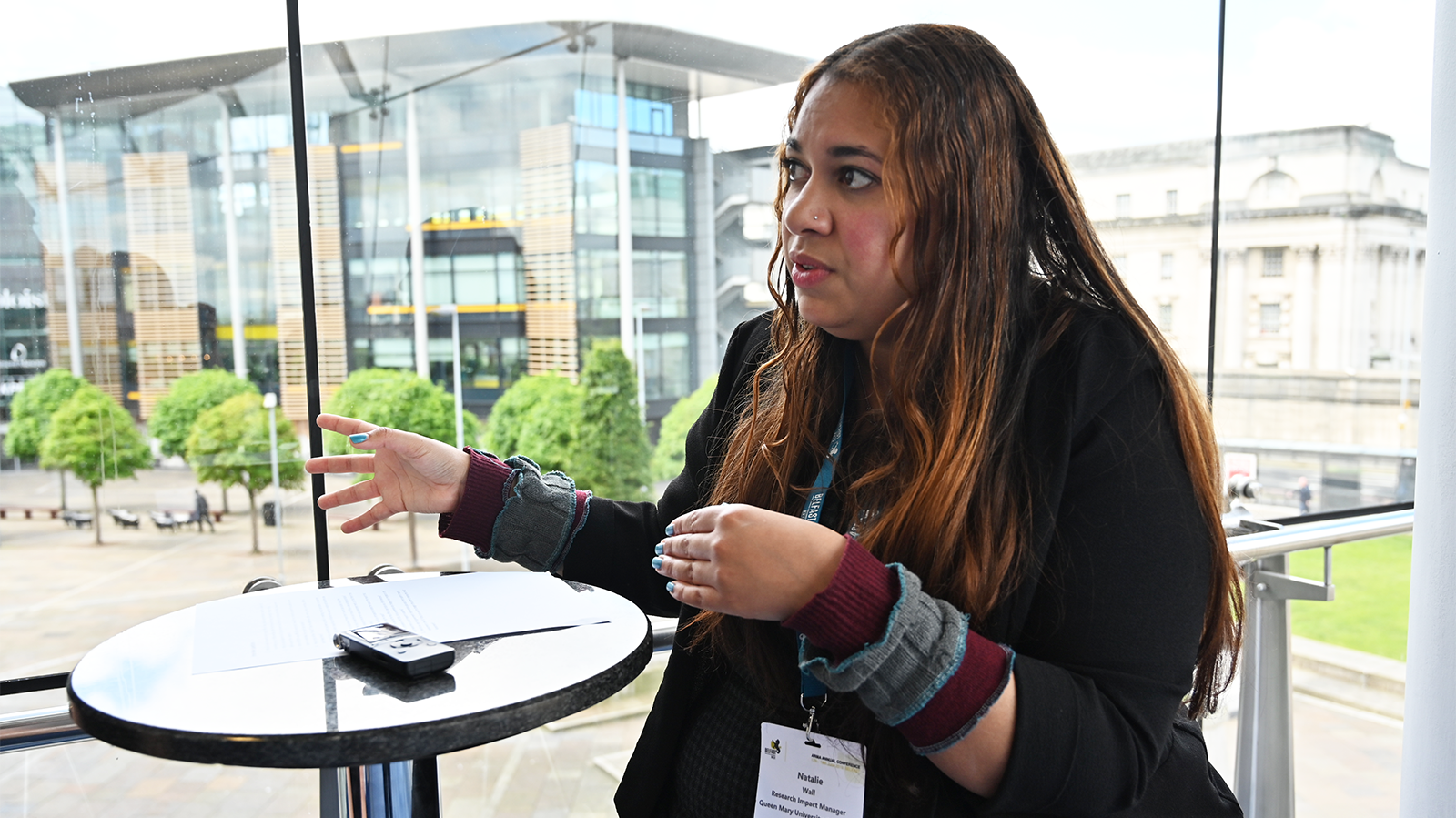
Bringing about culture change
Wall felt that an Impact Officer’s job is to make people care about impact. “We bring about culture change. You go into an institution and change the way people think about research,” Wall says.
She adds, “Impact is happening at many non-research-intensive universities too, because they think about research differently. And that is where they are really able to shine. It was amazing to see all those different types of universities doing amazing impact work even if they’re not in the top in terms of research. I think that’s where I find it kind of heartwarming that impact shows how you can be really good at some things, that you have really good relationships, and you just care in different ways. And your university might operate in a different way. It might not always show in the form of four–star output, but it’s going to show in your impact.”

NATALIE WALL
Natalie Wall leads a team of Impact Officers at Queen Mary University of London (QMUL) that support and embed research impact culture across the university. Her team works with the Deputy Vice Principal (Research Impact) to help academics see the benefits of their research outside of the academic context. She got her Master of Arts degree and her PhD in English Language and Literature/Letters from the University of Calgary. For over two years, she worked as the Impact Achievement and Assessment Officer at Middlesex University before moving to QMUL in 2018.
This article is a part of ScienceTalks Magazine issue Making Research Impact Exciting: What Universities Can Learn from REF 2014.


